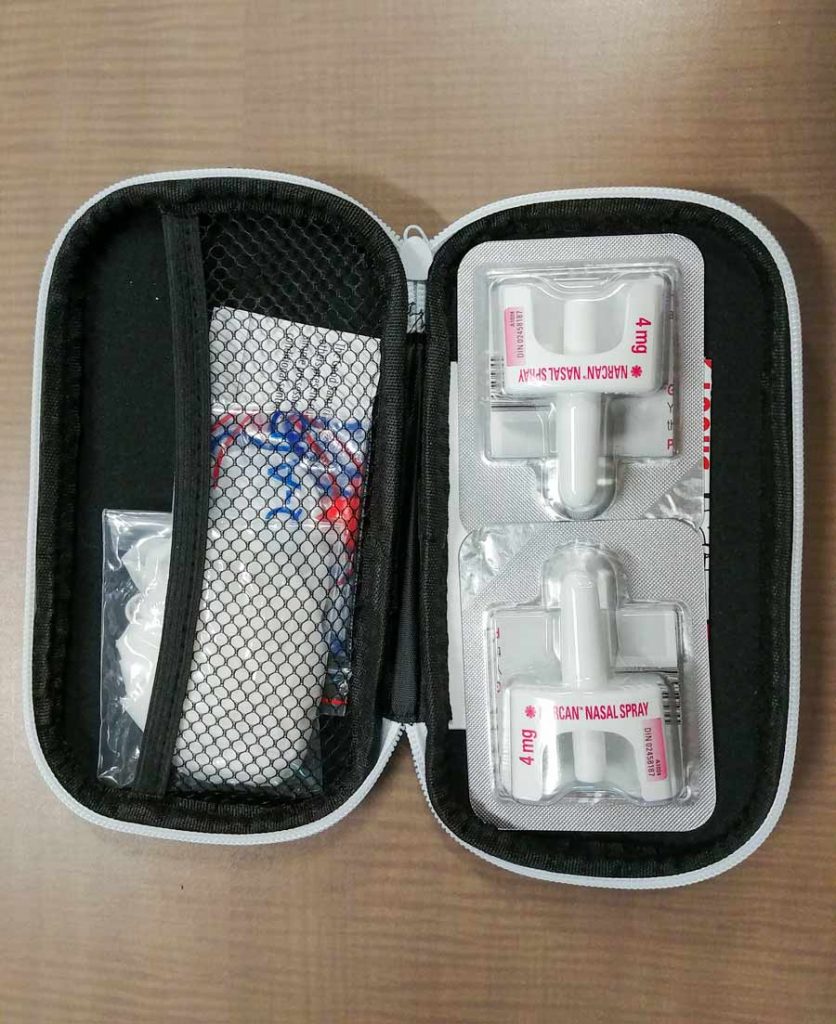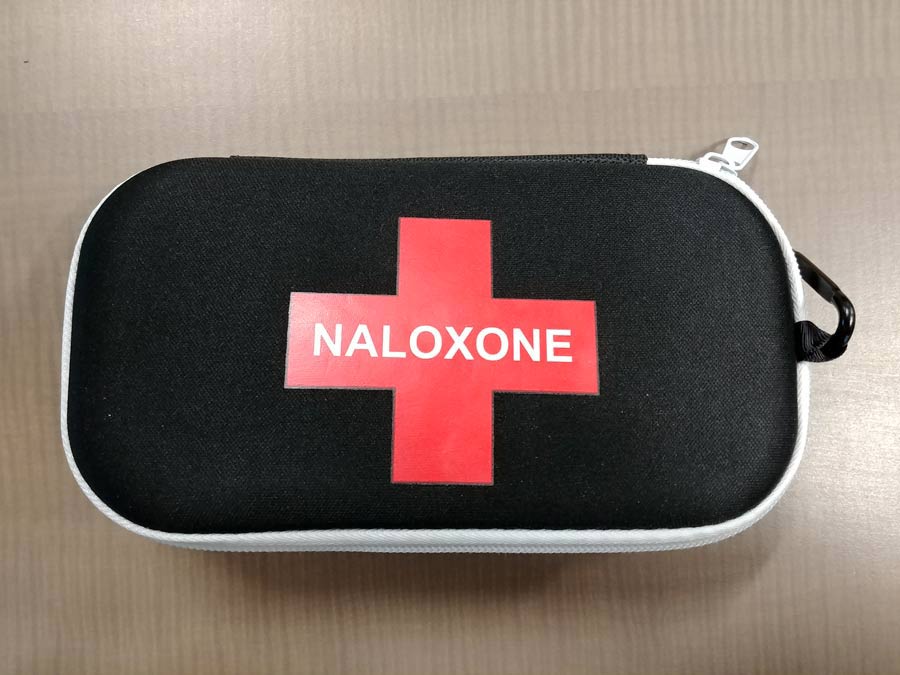GUELPH – Upper Grand District School Board (UGDSB) schools will include naloxone in first aid kits starting in 2020-21.
At the Jan. 14 business operations committee meeting, trustees learned that although the current risk for an opioid overdose in the UGDSB is low, the naloxone committee recommended implementation of naloxone as “a proactive measure, with potential lifesaving consequences,” according to a report prepared by superintendent Gary Slater.
Schools now have an overdose protocol, added to the emergency response procedures in December, that outlines how to respond to any overdose.
Naloxone temporarily reverses the effects of an opioid overdose, but the benefits are not long lasting and medical attention is still needed after it is administered. If administered to someone who is not suffering an opioid overdose, naloxone will not harm them.
“However, the use of naloxone must not delay other appropriate response and care – specifically that a responder in an emergency situation where someone is not breathing must provide artificial respiration,” Slater’s report stated.
Opioids include drugs like heroin, morphine, fentanyl, methadone and codeine. In Canada, 11,500 people have died from opioid overdoses in the last three years.
While UGDSB schools are not currently considered high risk for opioid overdoses, there are increases in youths using prescription opioids and in emergency room visits due to opioids, Slater wrote.
In the past two years the UGDSB has seen many disciplinary and/or medical issues related to opioids.
“School staff have expressed concerns about student use of opioids,” Slater stated in his report.
Another concern is visitors to schools may also be at risk of an opioid overdose.
When installed in schools, naloxone will only be available as a nasal spray through Narcan kits, which will be stored with current AED (defibrillator) boxes.
“These boxes are visible, located in high traffic areas and are fitted with a built-in alarm system,” Slater wrote.
The alarm will alert of an emergency situation and the kits will be available for public/school uses of buildings.
Naloxone training will take place for staff already trained in first aid and school administrators. Going forward it will occur with all first aid training.

The initial cost for the kits will be $29,276 for the board. This includes:
– 76 school sites, the Guelph office and Grant Evans Education Centre receiving one kit ($92 each), $7,176;
– training 520 staff, $18,200;
– materials, $3,900.
“This cost would be an ongoing budget consideration,” Slater wrote. He added the plan is “cost effective” and “responsive to community needs and concerns.”
The decision must be ratified by the board at its Jan. 28 meeting.
At the June UGDSB meeting, trustees heard from four delegations requesting that naloxone kits be available in schools. At that time, trustees directed staff to prepare a Drug and Alcohol Overdose Protocol that included a recommendation on naloxone kits in schools.




